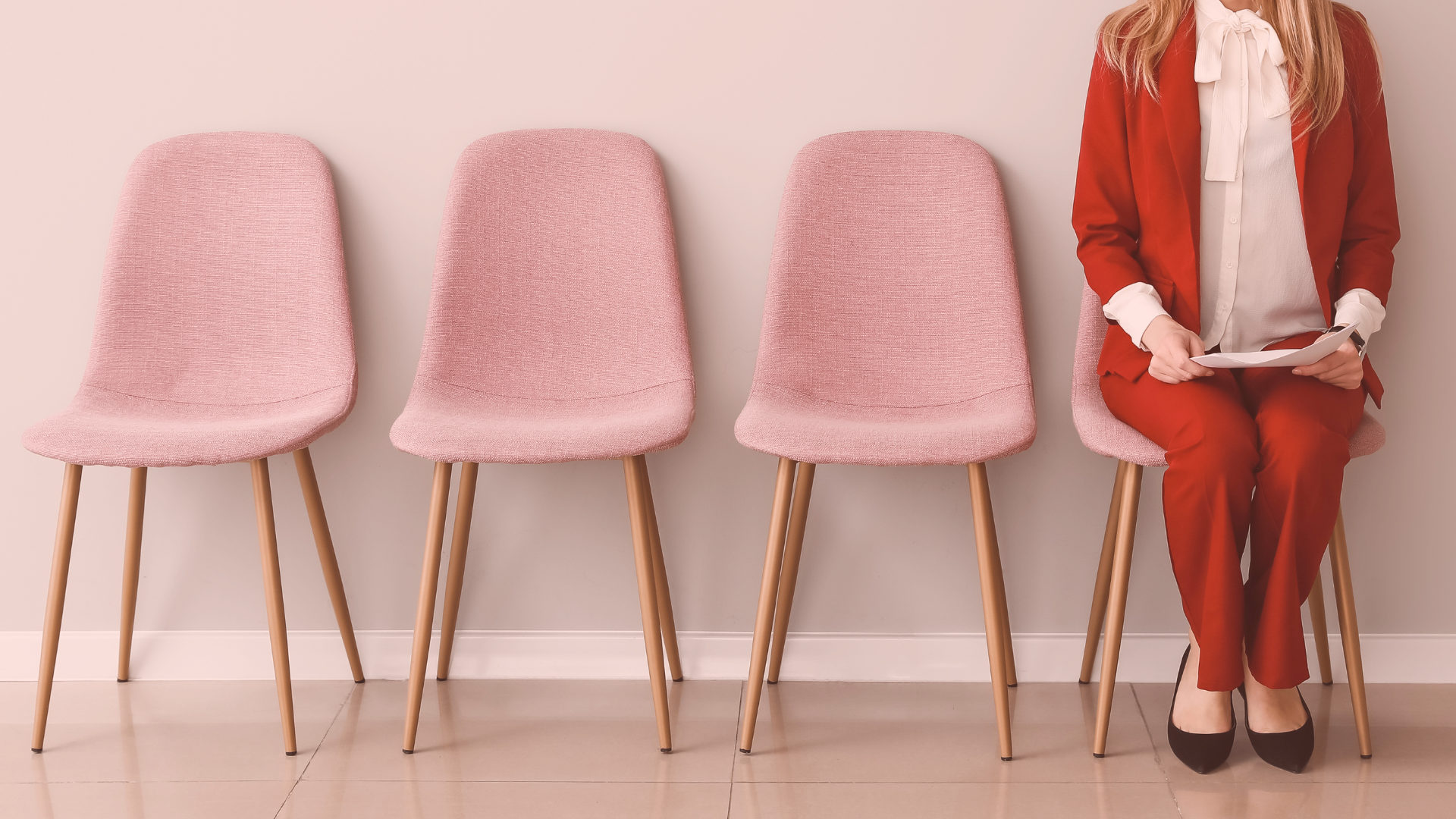
05 May 2025

Although, on the whole, design interviews are fairly relaxed, it doesn’t mean you should be. Preparation is absolutely key; nerves can take hold of the situation, and you will find your preparation will kick in. Running through the following questions and key points in advance of your interview will inevitably help you engage with any questions that are put to you. It goes without saying that you should aim to arrive at your interview five minutes before the agreed time. Make sure you have the address to hand, your route is planned, and you have the company’s phone number available to call if you become delayed.
Have a look on their website and, if you can, visit any of their projects. Form an opinion that you can discuss in the interview. Take note of any awards they may have received or have been
shortlisted for. What do you think of projects in their portfolio of work?
Set the scene: who was in your team? What was the company structure? What were your responsibilities? What projects were/are you working on and what skills have you developed
while working there? Keep your answers positive when talking about a previous company as it doesn’t bode well hearing negative comments.
What skills are you hoping to develop in your next role? What do you want to learn from this company? And what project experience are you looking for? Go through the job description
and make sure you talk through your strengths that match the job description and any relevant experiences.
Explain the brief from the client. Where did the concept come from and how was it executed? Talk through any challenges you had to overcome – that may be anything from budget restrictions, working on listed buildings, planning problems, and time constraints.
They are asking you this as it allows you to discuss how you would deal with difficult situations; it demonstrates your communications skills, how you solved a problem, who you had to liaise with to rectify it, and the processes you went through.
Where do you find your inspiration for projects? What trends/projects/ designers’ work have you admired recently and why? Discuss the strategy and insight behind your projects.
This question may not come up in an interview, but do think about what you have achieved in your personal and professional life; if it’s relevant, talk about it and be proud!
Don’t be afraid to tell your future employer your ambitions and goals for the long or short term. It shows enthusiasm and passion for the industry. Discuss what you have achieved to date, be that taking a certain project from concept to completion, developing skills in a new software, or having the opportunity to work with a client or project you had on your bucket list.
Give examples of how you have utilized your team’s strengths, and when you gave them responsibility or offered guidance. Discuss difficult scenarios you have faced and how you have overcome these/how you sought guidance.
This may not be asked directly; however, it’s good to think about what it is that motivates you in work and life to get you into a positive frame of mind before the interview.
It is inevitable you will have strengths in some areas and less exposure to other elements of a job. This is absolutely fine. Remember to discuss this in a positive way. Try and show a balanced portfolio, incorporating sketches, concept work, visuals, technical drawings, and finished photos from various projects. You may not have all aspects of every project and that is fine.
It is easy to forget a project from a few years ago. Take a few minutes to refresh your memory on previous projects. Order the work samples to show the most relevant projects first. If you have a lot of work, pick two or three key projects to focus on. Going through your portfolio shouldn’t take longer than 20 minutes.
Take a notebook into the interview to have questions or key points you want to discuss easily accessible. This is especially useful if you draw a blank or want to make a note of anything that comes up.

17 Feb 2025